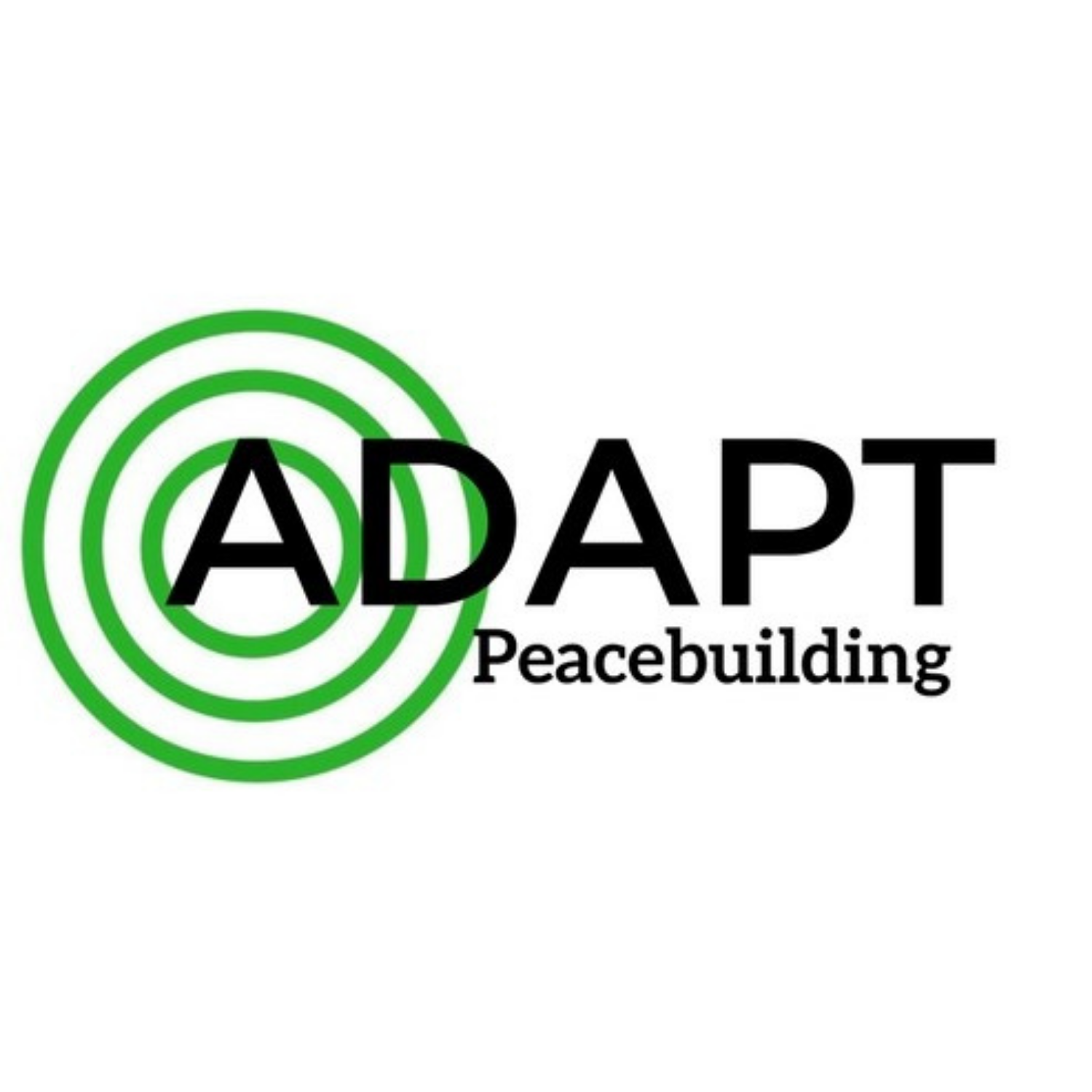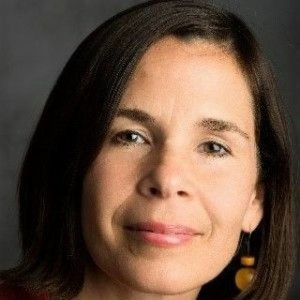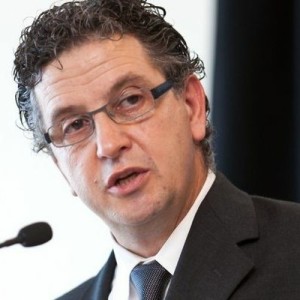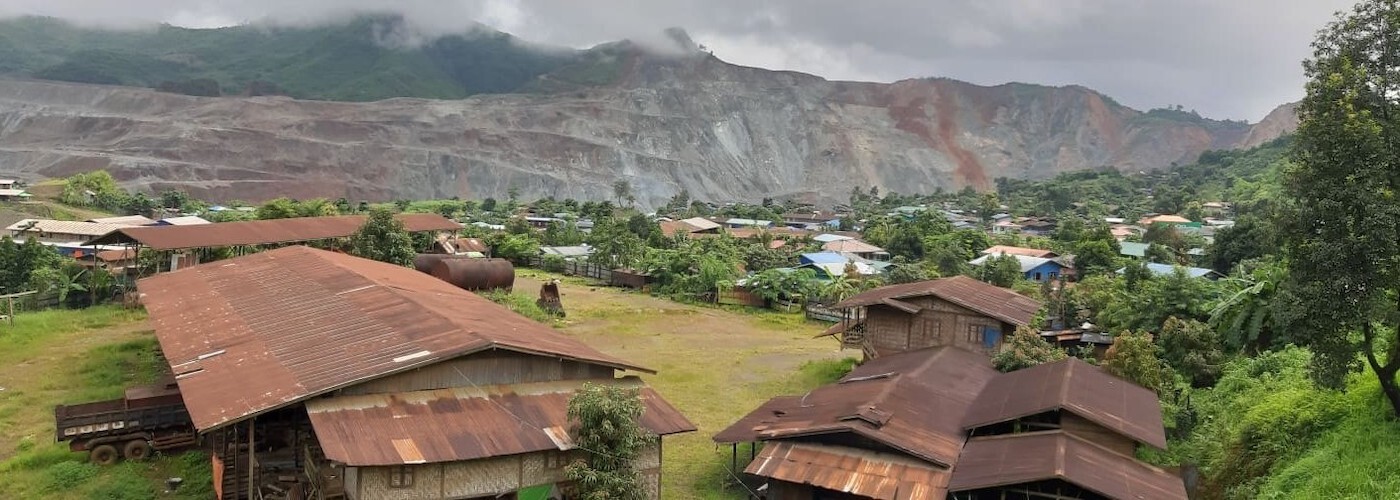
2.2K
Downloads
13
Episodes
Adapt provides research and consultancy services for local and international organisations in support of peace and sustainable development in conflict-affected environments. Our conflict and conflict sensitivity analyses, program design and management, and learning initiatives incorporate concepts and tools from complexity science, systems thinking and participatory approaches in order to thrive in complex and challenging contexts. We value deep and long term partnerships that empower local agency and lasting change.
Episodes

Thursday Mar 25, 2021
Thursday Mar 25, 2021
The focus of this episode is adaptive management, and Duncan Green. Duncan is a senior adviser for Oxfam amongst other things. We talk about what Adaptive Management is and how it applies to international development work and peacebuilding.
Why are we talking about Adaptive Management and what is it? Adaptive Management is a form of organizing work and managing work in international development settings in which you focus on learning from your context and you adapting your programming to meet the specific needs of the context as it changes. That's different from a typical approach which establishes a plan at the beginning, has a log frame, implements the plan as it was laid out, and then evaluates at the end: did it work or not? Adaptive management is a process of controlled experimentation to find and adapt the best approaches as you learn along the way. But because it doesn't follow a fixed plan, we don't necessarily know where we are going at the outset, which can be seen as risky by those that funds us and work with us.
Now, why does this matter? People like Duncan and myself and many others are interested in this idea of complexity and the realization that when we're working particularly in situations of violent conflict we typically don't have very good information about what the needs are, about the variables that might affect the work that we're trying to do. The situation is changing all the time and we can't just assume that we can go in there with a predetermined plan and that everything is going to turn out fine. We actually have to be responsibly experimental and learn from our successes and our failures in a rapid way so we can be agile, adapt to the context, be conflict sensitive and ultimately be as effective as possible.
Points covered of particular interest include:
- Donor concerns around accountability, their tendency to perhaps be risk averse and how this creates issues worth trying to take on an adaptive approach that changes directions.
-How to build trust with donors and work in closer partnerships when using adaptive approaches.
-The role of monitoring, evaluation and learning as it relates to adaptive management.
-Good rules of thumb for when you should be using an adaptive management approach versus more traditional approach.
-The importance of telling good stories, having a close relationship with donors, and understanding the differences between upwards and horizontal and downwards accountability.
-How we can shift the broader peacebuilding and development system to adopt more Adaptive Management approaches.
Check out Duncan’s blog: From Poverty to Power - oxfamblogs.org/fp2p/

Thursday Mar 25, 2021
Thursday Mar 25, 2021
This episode was a guest contribution to The Peacebuilding Podcast on 12th October, 2018.
Join us in conversation with Catherine Barnes. I first met Catherine at a dialog and facilitation retreat in rural Myanmar. I was struck by the degree of presence that she bought to her work, mentoring and accompanying an emerging generation of positive change makers in that fascinating yet troubled country. Catherine is a rare breed of scholar practitioner. Her work is deeply grounded in decades of field work across thirty countries, while her research and writing covering topics of facilitation, dialog, activism, and social justice blends a high level of insight with accessibility. She is faculty member of the Center for Justice and Peacebuilding at Eastern Mennonite University and freelance peace researcher and practitioner, particularly as concerns dialog and facilitation techniques across conflict divides.
Her comments in this episode are so relevant to our times. She describes our “addiction to coercion”, whereby we – internationally and domestically – try to compel others to accept our goals and points of view rather than expending our efforts and resources on collaborative activity for the greater good. She relates this to the increasing polarisation that we are experiencing domestically and internationally, and how we have in the past, and can in the future, find ways back through dialog and collaborative action.
Catherine demystifies peace processes that are designed and implemented to end civil wars, drawing on examples from Tajikistan, Sierra Leone, Bosnia and elsewhere, and tracing the path from elite lead peace agreements to more the more inclusive peace processes of modern times. This conversation takes place against a backdrop of the increasing complexity of local and global forces that shape civil war conflicts, which renews calls that peace needs to be grown organically from within an affected society, not implanted in the form of blueprints from outsiders.
This episode is a guest contribution to The Peacebuilding Podcast.

Thursday Mar 25, 2021
Thursday Mar 25, 2021
This episode was a guest contribution to The Peacebuilding Podcast on 8th October, 2018.
Join us in conversation with Graeme Simpson, US Director of the non-profit Interpeace, and lead author of the United Nation’s flagship Progress Report on Youth, Peace, and Security. The highly participatory process of producing this work has been as important as some of its findings. Hundreds of youth across dozens of countries were involved in developing recommendations that underscore, among many other things, how young people are creative sources of peace, confronting their stereotype as primary perpetrators of violence. The young people that Graeme engages with question the efforts of peacebuilding institutions to “bring youth to the table”, highlighting a marginalisation and mistrust of governments and global institutions that has huge and troubling implications, yet at the same time inspires us with alternative, creative forms of organising and peacebuilding in a modern world.
Graeme’s work shines a light on a glaring disconnect between the “integrated lived experience of people caught up in violent conflict”, and our national and global policies and organisations, which divide peace and conflict up into illusionary stages and distinct themes that are intimately connected on the ground. As with Graeme’s earlier work founding and leading South Africa’s Centre for Violence and Reconciliation, our approaches to supporting people and societies need to be better integrated and less siloed according to outsider priorities, and better at “listening down” to affected communities so we can “talk up” to donors and policy makers. We end by touching upon gender, where Graeme challenges the stereotype of the girl as a victim and the boy with the gun.
Graeme is an articulate and passionate speaker whose policy work is deeply grounded in the lived experience of people experiencing conflict and forging peace.
